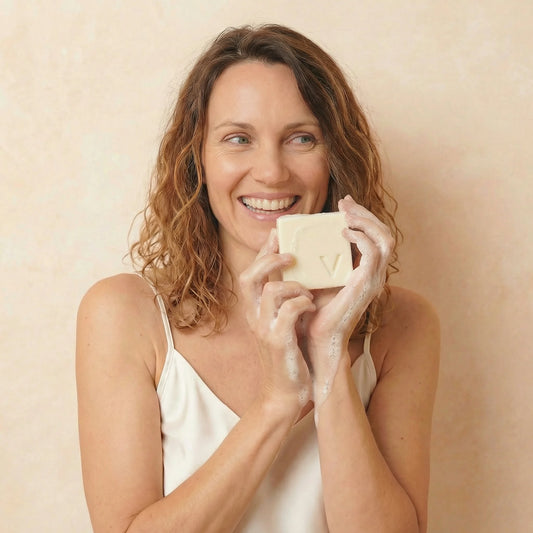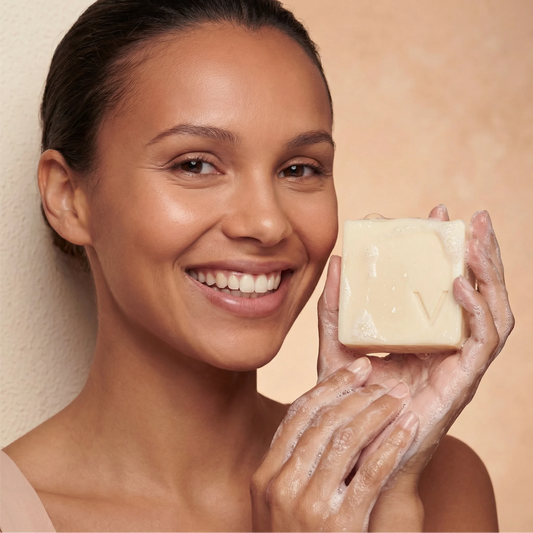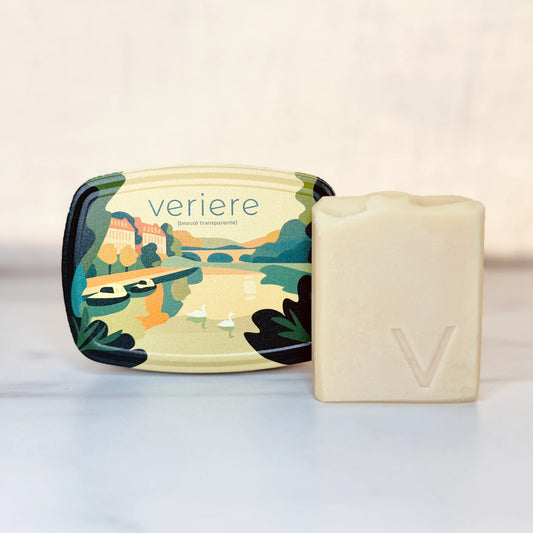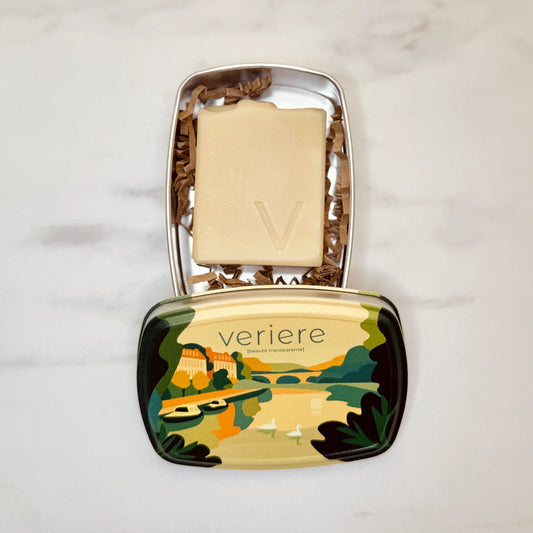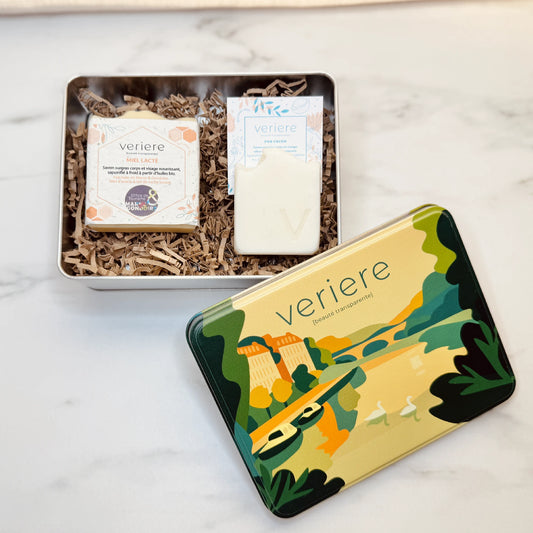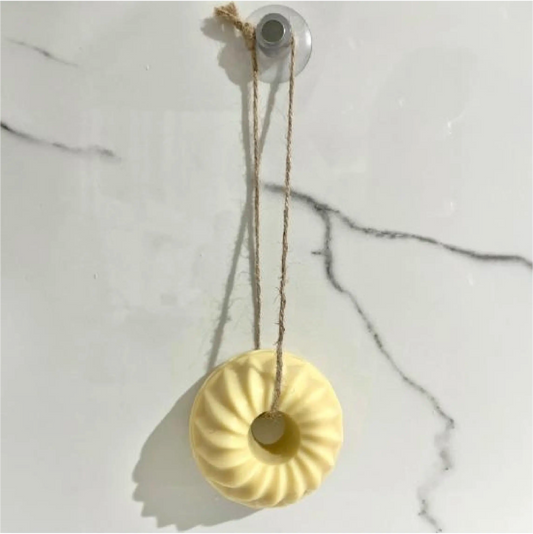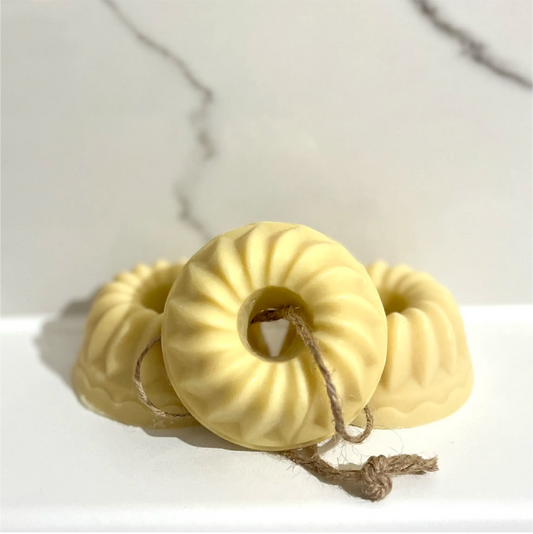The soap maker's profession: tradition and passion
Partager
Soap has been around for centuries, what do we know about the soap maker who makes them with his hands? The soap maker's profession is an ancestral art, rooted in tradition and passion. As a manufacturer of natural soaps and artisanal soaps , the soap maker perpetuates ancient techniques while innovating to meet modern expectations in terms of natural and organic cosmetics.
Artisanal soap making: an ancestral history
For thousands of years, humans have used soap for hygiene and beauty. The first soaps were made from ashes and animal fats. Today, artisanal soap makers use ingredients such as vegetable oils, natural butters and essential oils to create organic soaps and organic cosmetics .
Passion for craftsmanship
Being a soap maker is more than just making soap. It’s a calling that requires a passion for natural ingredients, meticulous attention to detail, and a commitment to quality. Artisan soap makers pride themselves on creating solid soaps and shampoo bars that are kind to both your skin and the environment.
The process of making artisanal soaps
Soap making involves saponification, a chemical process where fats or oils react with a base (such as lye) to create soap. Artisanal soap makers often favor cold saponification, a method that preserves the beneficial properties of the natural ingredients. This results in mild soaps , ideal for all skin types, including sensitive skin. At Veriere Artisanal Soap, we of course use the cold saponification process , in order to preserve all the benefits of the natural ingredients.
The importance of natural ingredients
Natural soaps are made from ingredients such as olive oil, shea butter, coconut oil, and essential oils. These ingredients offer nourishing and moisturizing benefits, unlike industrial soaps that can contain chemical additives and preservatives. It is precisely all these kinds of unnecessary or even harmful additives that we want to avoid in all Veriere cosmetic brand products. As I always tell my customers, I do not put any additives that would not be useful for our skin! The idea is to have products with active ingredients that truly benefit our skin, our hair and quite simply our health and well-being.
Soap factories and sustainable development
Many organic soap makers are committed to sustainable practices. They use ingredients from organic farming, reduce plastic packaging and adopt environmentally friendly manufacturing processes. Buying natural cosmetics and artisanal soaps not only supports these practices, but also the local economy. The cosmetic brand Veriere finds its source in the elimination of plastic from the bathroom. It is therefore natural to offer natural cosmetics without plastic. The packaging is recyclable and the ingredients are traced to guarantee eco-responsible production.
Natural cosmetics offered
Soap makers offer a wide range of products: body soaps , facial soaps , lavender soaps , honey soaps , solid shampoos , and much more. Each product is designed to meet specific needs while respecting the environment and skin health.
The soap making profession is a fusion of tradition and innovation. Artisanal soap makers play a crucial role in creating natural and environmentally friendly beauty products . By choosing natural soaps and organic cosmetics , we support a valuable artisanal practice that combines well-being, quality and respect for nature.


